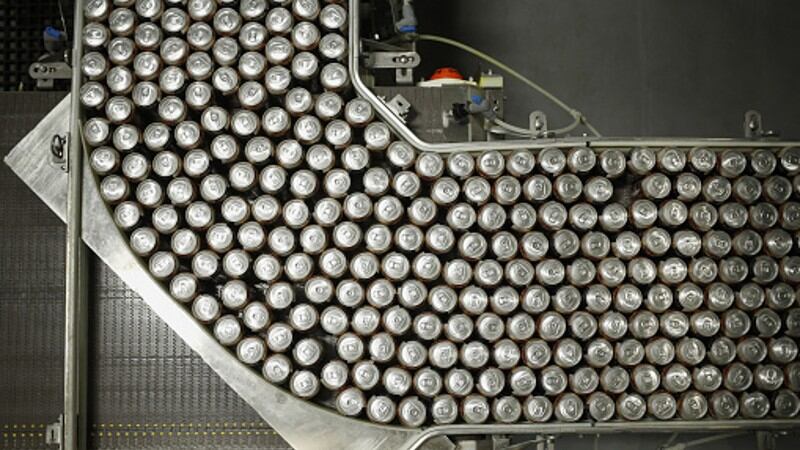Headed by Australian industry body Food and Agribusiness Network (FAN), the project is looking at a total of A$112mn (US$83.7mn) in funding, with some A$60mn (US$44.8mn) from the industry and A$33.4mn (US$25mn) from the federal government as part of the national Modern Manufacturing Initiative grant, as well as more from local governments.
According to FAN CEO Emma Greenhatch, the Turbine project caught the eye of the federal government due to the unique collaboration model that the precinct is being based on.
“Our entire model is based on collaborations between different stakeholders along the F&B manufacturing value chain from end to end, from R&D to waste stream upcycling to distribution to the actual manufacturing,” she told FoodNavigator-Asia.
“This model was one of the key factors that helped us win the funding from the federal government, as they felt that it is a good blueprint that can be applied in multiple manufacturing settings if it works here – and of course a collaborative model where multiple firms effectively share infrastructure and services to achieve growth of course makes a lot more sense as a smarter model for them to invest in.”
The first phase of the precinct will be focused on beverage manufacturing across both the alcoholic and non-alcoholic categories, with plans for food product manufacturing to come a few more years down the line at a later stage.
“Stage One will see anchor tenants such as the Queensland Drinks Accelerator, Lyre’s and Dohler from the industry moving in to kick things off for beverage manufacturing, and we’re also having the University of Sunshine Coast as a tenant to support R&D capabilities, with things such as seaweed research breakthroughs as a potential unique new ingredient for beverages,” Greenhatch added.
“The focus on beverage manufacturing is very significant especially for this part of the country, as there is basically only one other co-manufacturing facility available in Queensland that firms - especially smaller firms without their own facilities - can work with to make their non-alcoholic beverages.
“Many brands have actually had to go all the way to Sydney or Melbourne for manufacturing whilst looking to scale up - but the launch of Turbine will definitely help in boosting production without hiking up the costs for the industry.
“So it will definitely be worthwhile to educate as many companies as possible that there really isn’t a need to compete about everything, especially things like warehousing or distribution or the manufacturing lines – the competition really should lie in the IP, but in fact if they are surrounded by many other businesses with similar goals, the rate of innovation is likely to go up as they are more tapped into industry happenings.”
Through this collaboration, Turbine also has a strong focus on building a circular economy in line with the nation’s sustainability goals.
“The concept of shared infrastructure in and of itself is a sustainable move that will maximise capacity and minimize input,” Greenhatch added.
“Companies will also be able to benefit from the co-working spaces and environment we are planning to build, alongside the advanced manufacturing knowledge that will be embedded into the precinct. We also hope that this will bring some relief to current workforce challenges, which are quite prevalent in Queensland with many businesses struggling to get and retain staff.”
Export priority
Turbine will be located within the Sunshine Coast Airport in Queensland, which is planned to help facilitate exports of products manufactured at the precinct, with hopes for more direct lines to Asian markets if the airport launches new international routes.
“About 50% of the F&D products manufactured at Turbine will be made for export,” said Greenhatch.
“Turbine-made products will also have export accreditation, so that the beverages made here will be able to be exported directly from the precinct.
“This is also why we are quite focused on bringing in tenants that are working to scaling up their businesses and going global beyond just supplying local stores – so although we’ve already received a lot of queries since announcing the funding recently, we are focused on brands that have high growth potential.
“In addition, our priority is to maintain the collaborative model – by this, there must be some sort of interconnectivity between different companies here, whether it be upcycling waste streams or distribution collaborations or something else, beyond just the traditional ability to pay the lease. So essentially, everyone should not just be able to benefit, but needs to also contribute as well.”


